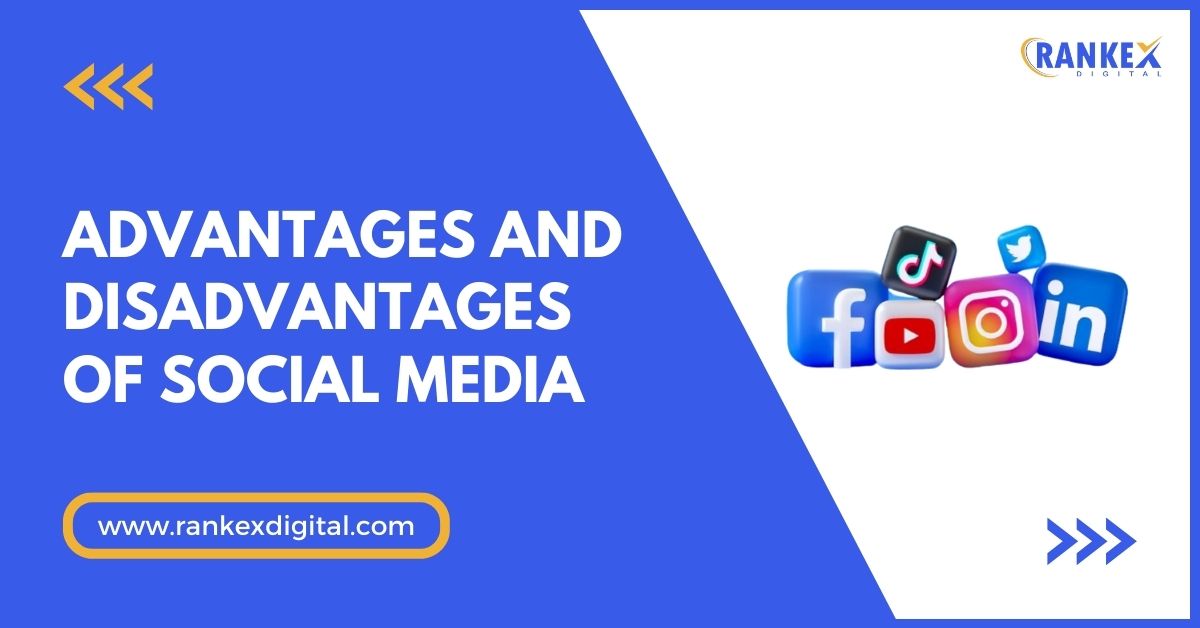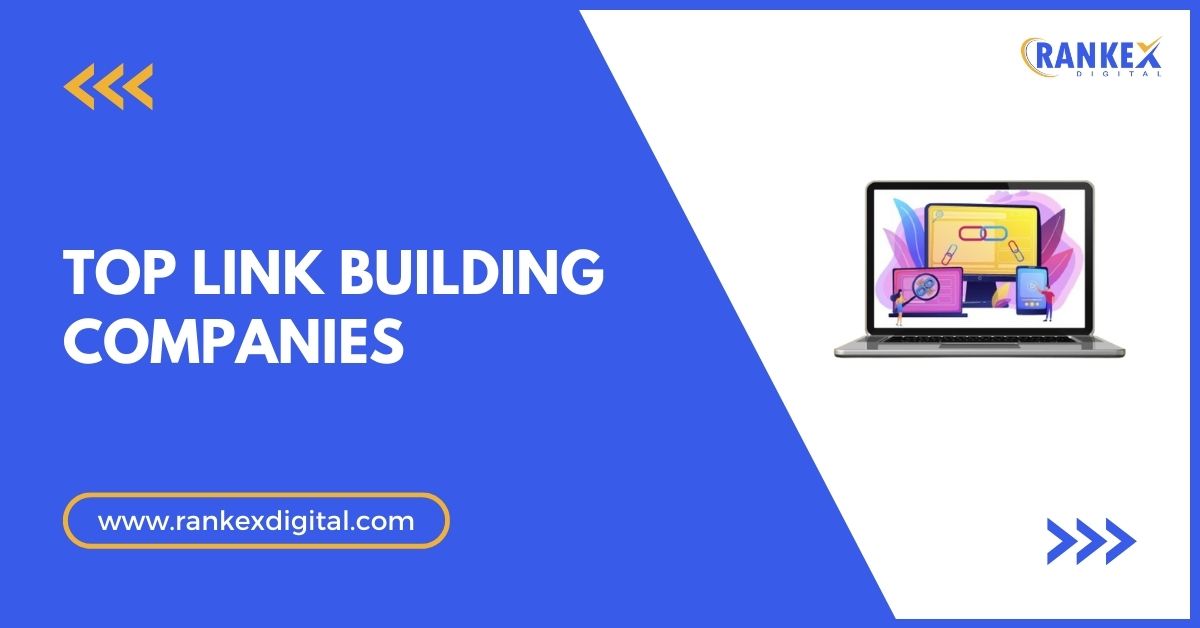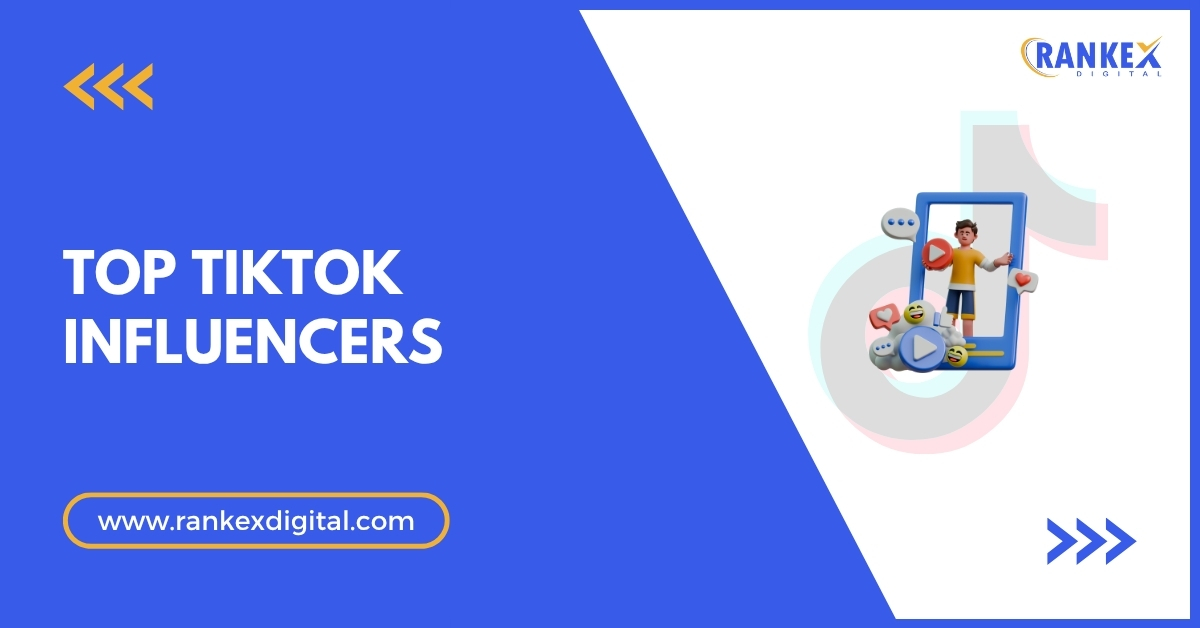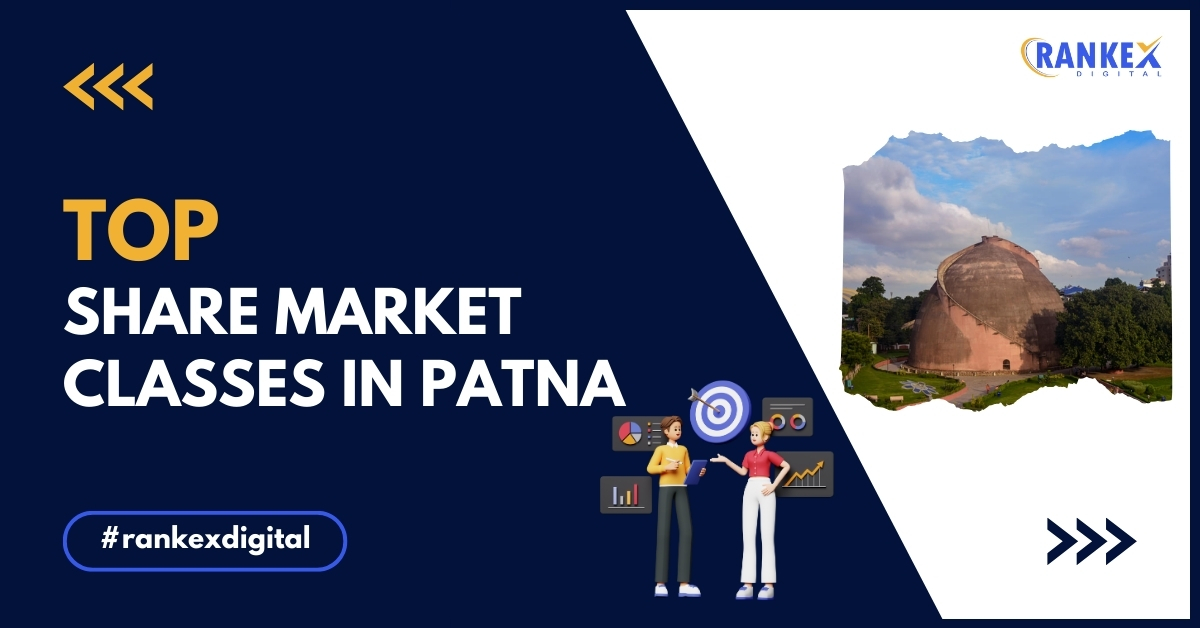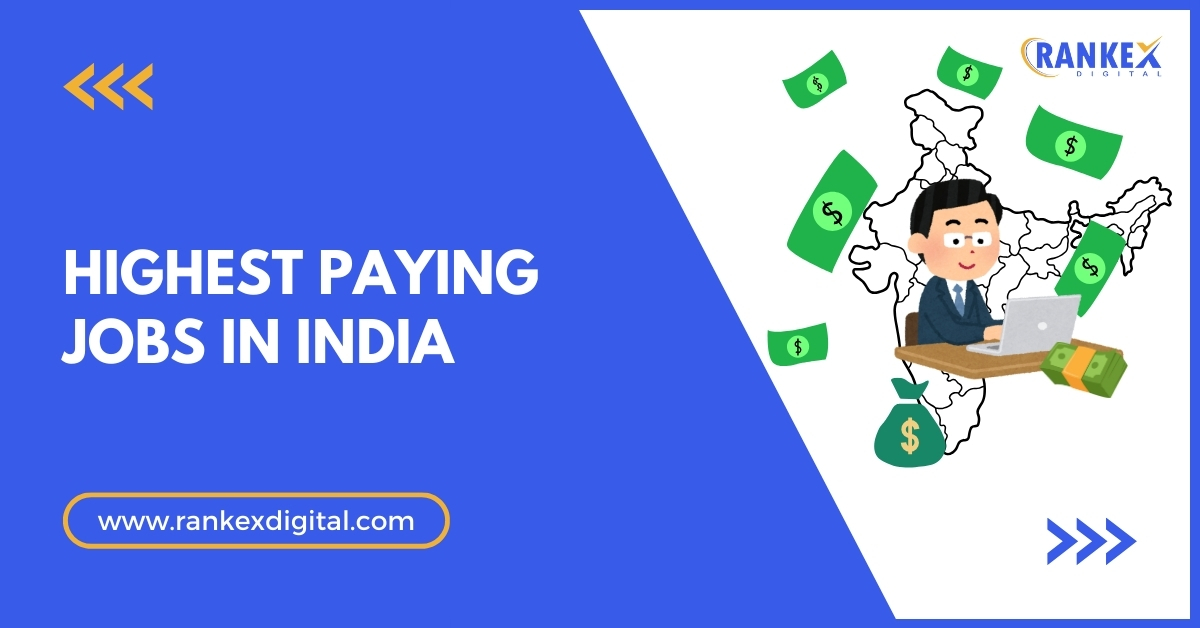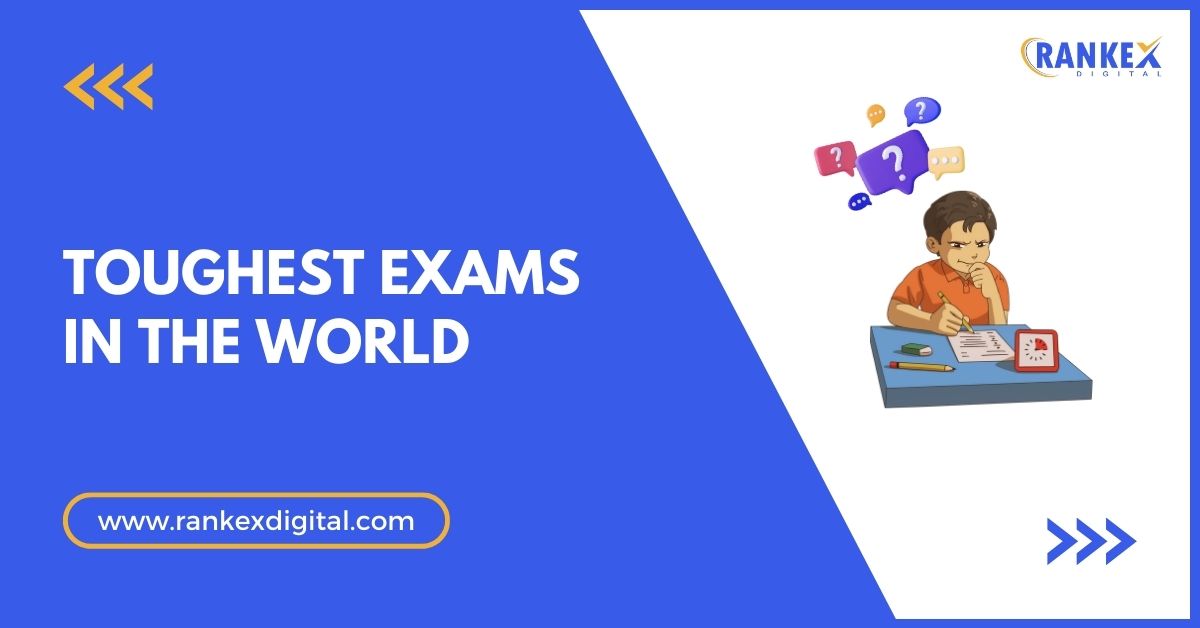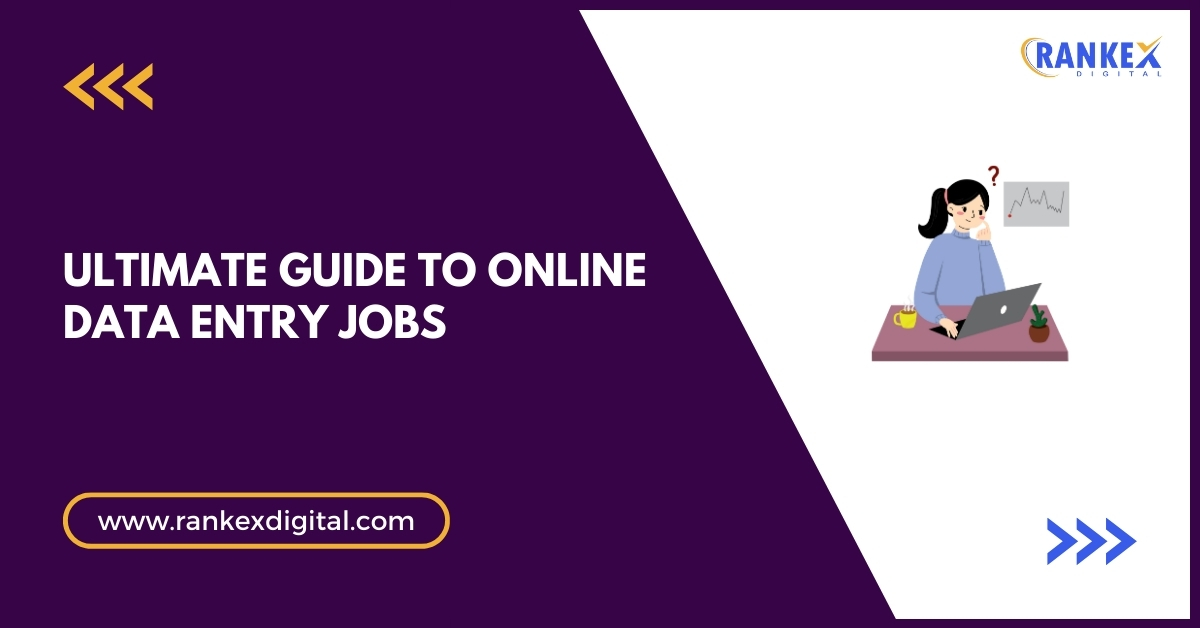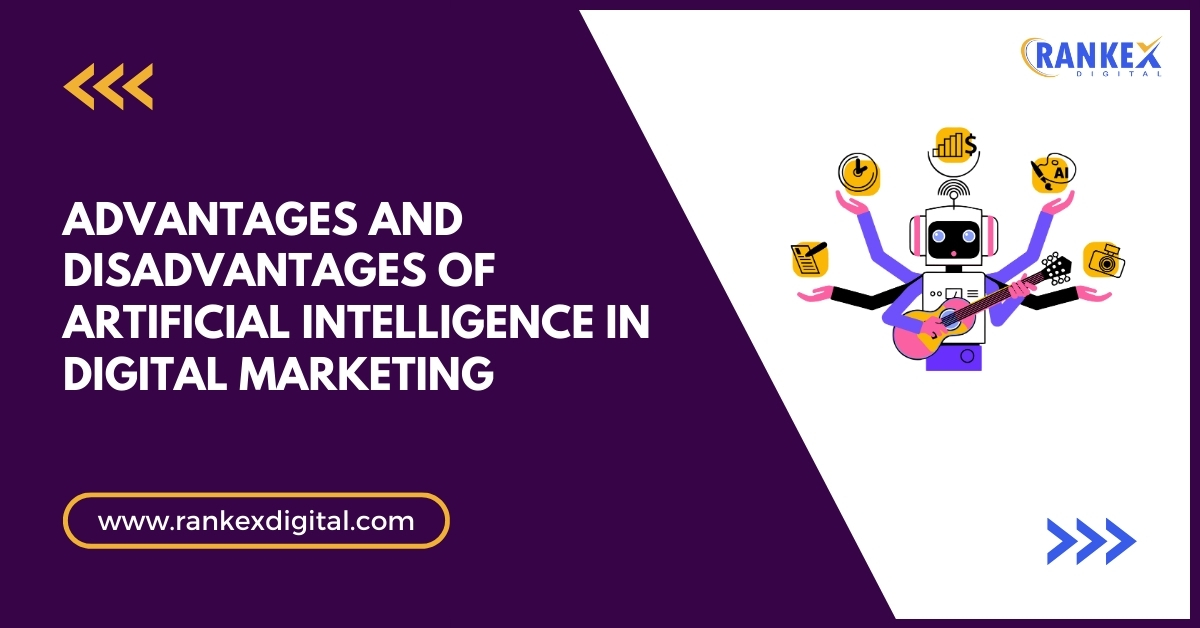Social media has become an integral part of our daily lives, influencing the way we communicate, interact, and even do business.
As we move further into 2025, its influence continues to grow, transforming industries, personal lives, and corporate strategies.
However, with its numerous benefits, social media also brings about certain challenges.
In this article, we’ll explore the top 20 advantages and disadvantages of social media in 2025, along with insights into how it shapes businesses, industries, and personal lives.
Table of Contents
- 1 What is Social Media?
- 2 Uses of Social Media for Business, Branding, and Personal Branding
- 3 Pros and Cons of Social Media
- 4 Top 20 Advantages and Disadvantages of Social Media
- 5 Top 10 Advantages of Social Media in 2025
- 5.1 1. Staying Connected Across the Globe
- 5.2 2. Instant Access to News and Current Events
- 5.3 3. Platform for Personal Branding and Professional Growth
- 5.4 4. Business and Marketing Opportunities
- 5.5 5. Convenience and Ease of Access
- 5.6 6. Fosters Innovation and Learning
- 5.7 7. Provides Endless Entertainment Options
- 5.8 8. Platform for Societal Change and Awareness
- 5.9 9. Promotes Skill Development and Creative Growth
- 5.10 10. Supplement to Traditional Education
- 6 Top 10 Disadvantages of Social Media
- 6.1 1. Distraction and Loss of Productivity
- 6.2 2. Spread of Misinformation
- 6.3 3. Compromised Privacy and Data Vulnerabilities
- 6.4 4. Promotes Superficial Connections
- 6.5 5. Social Media Addiction
- 6.6 6. Enables Bullying and Harassment
- 6.7 7. Promotes Social Isolation
- 6.8 8. Causes Depression and Anxiety
- 6.9 9. Promotes Obsessive Self-Presentation
- 6.10 10. Helps Spread Scams and Frauds
- 6.11 Impact of Social Media Across Industries
- 6.12 Healthcare
- 6.13 Retail & E-Commerce
- 6.14 Entertainment & Media
- 6.15 Education
- 6.16 Other Industries Impacted by Social Media
- 7 Conclusion
- 8 Frequently Asked Questions
What is Social Media?
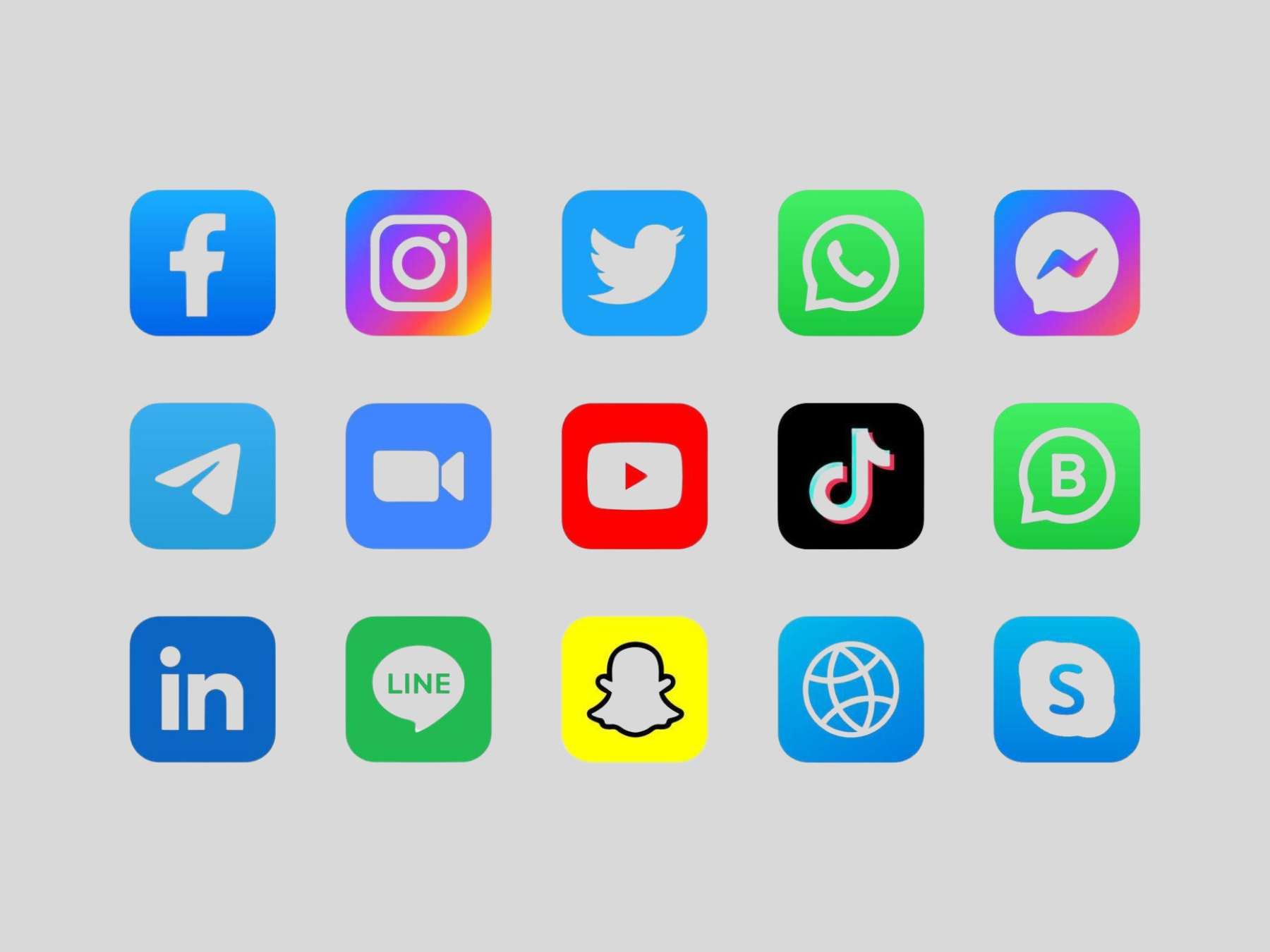
Social media platforms have evolved drastically over the past two decades. From simple networking sites like Friendster and MySpace to modern-day giants like Facebook, Instagram, Twitter (now X), TikTok, and LinkedIn, social media continues to evolve with the times.
In 2025, social media is not just about connecting with friends—it’s a powerful tool for business marketing, community building, and personal branding. Social media usage has skyrocketed, with over 4.7 billion people globally active on at least one platform, making it an unavoidable part of modern life.
Uses of Social Media for Business, Branding, and Personal Branding
Social media has evolved from being just a platform for casual communication to a robust ecosystem for businesses, brands, and individuals. It serves as a strategic tool for enhancing visibility, building trust, and connecting with audiences on a deeper level. Let’s explore its various applications in detail:
Business & Marketing
For businesses, social media has transformed the way they interact with their audience and market their products or services. Here’s how:
-
Customer Engagement: Social media enables businesses to interact directly with their customers, fostering a sense of community and loyalty. It also serves as a valuable information source, helping businesses understand customer preferences and trends. Platforms like Facebook and Instagram are ideal for engaging with audiences through polls, Q&A sessions, and interactive content. Using the The QR code generator, businesses can further enhance engagement by providing quick access to exclusive offers, event registrations, or product pages with a simple scan.
-
Brand Awareness: By maintaining an active presence on social media, businesses can reach a broader audience. Eye-catching visuals, compelling storytelling, and consistent messaging can help build a strong brand identity.
-
Sales and Lead Generation: Social media platforms provide tools like shoppable posts, click-through ads, and targeted campaigns, making it easier to convert followers into paying customers.
-
Advertising: Paid promotions and influencer partnerships are game-changers for businesses. With precise targeting options available on platforms like Facebook Ads Manager or LinkedIn Ads, businesses can reach their ideal audience more effectively than ever.
-
Content Marketing Campaigns: Platforms like YouTube and TikTok are excellent for content-driven strategies, such as product tutorials, testimonials, and behind-the-scenes stories that resonate with audiences.
Branding
Social media is instrumental in both personal and corporate branding, helping to shape how an individual or business is perceived online.
-
Personal Branding:
- Showcasing Expertise: Professionals use platforms like LinkedIn, Medium, or Twitter to share insights, thought leadership articles, and achievements, establishing themselves as authorities in their fields.
- Building Credibility: Regular engagement, authentic interactions, and transparent communication help individuals gain trust and followers.
- Networking Opportunities: Connecting with like-minded individuals and industry leaders enables professionals to broaden their horizons and find collaborative opportunities.
-
Corporate Branding:
- Developing a Unique Voice: Businesses use platforms like Instagram and Pinterest to maintain a consistent tone, style, and personality that aligns with their core values.
- Strengthening Relationships: Through customer testimonials, reviews, and active participation in trending conversations, companies can create strong emotional bonds with their customers.
- Crisis Management: Social media allows businesses to address concerns quickly and transparently, showcasing accountability and responsiveness.
Networking
Social media platforms have become hubs for networking, and connecting professionals, creatives, and businesses across the globe.
-
Professional Networking:
LinkedIn leads the pack as the go-to platform for professionals. It helps individuals build meaningful connections, find job opportunities, and collaborate with peers in their industry. Recruiters actively use LinkedIn to discover top talent, while businesses leverage it to showcase company culture and achievements. Professionals can scale their social media presence by integrating tools like digital business cards, personal websites, and interactive portfolios into their profiles. Adding a link to a digital business card, such as Uniqode’s digital business card, or a personal website in a LinkedIn profile or Instagram bio allows connections to access contact details, work samples, and other relevant links instantly. Many professionals also use tools like Linktree or Taplink to consolidate all their digital assets, from blogs and podcasts to YouTube channels and scheduling tools, creating a seamless and professional networking experience across platforms. -
Creative Connections:
Platforms like Instagram, Behance, and Dribble allow artists, photographers, and designers to display their portfolios and connect with peers or clients seeking creative expertise. -
Industry-Specific Communities:
Social media also hosts niche communities—such as Facebook Groups for entrepreneurs or Discord servers for tech enthusiasts—where members share resources, solve problems, and collaborate on projects. -
Global Reach:
With social media breaking down geographical barriers, professionals and businesses can connect with a global audience. This opens up opportunities for partnerships, collaborations, and even cross-border trade.
Pros and Cons of Social Media
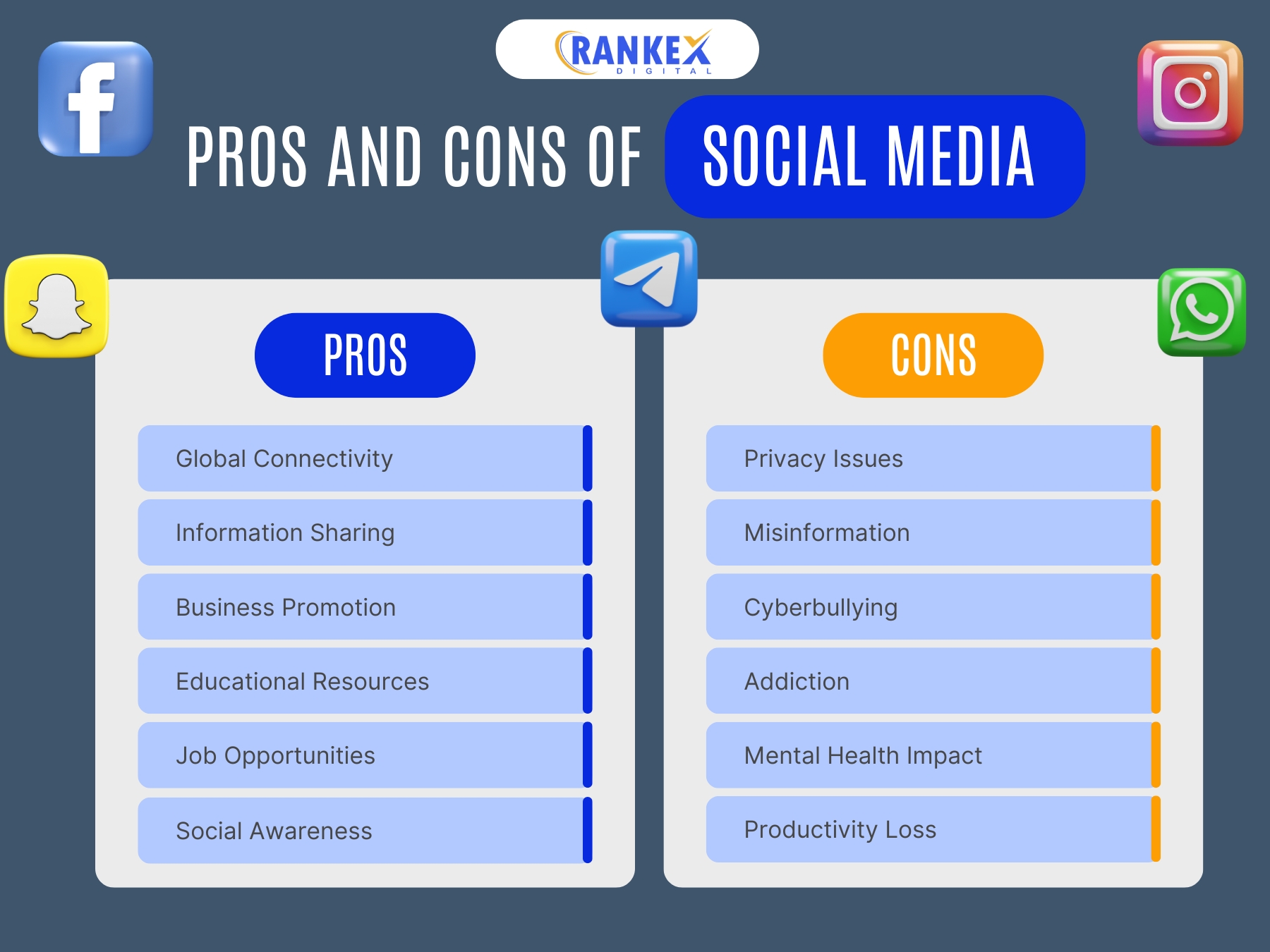
Top 20 Advantages and Disadvantages of Social Media
Social media is a double-edged sword, offering incredible opportunities while presenting unique challenges. It has transformed communication, education, business, and entertainment, yet it also raises concerns about privacy, mental health, and productivity.
The table below summarizes the top 20 advantages and disadvantages of social media, showcasing its significant influence on modern life.
| Advantages | Disadvantages |
|---|---|
| 1. Staying Connected | 1. Distraction and Loss of Productivity |
| 2. Access to News and Events | 2. Spread of Misinformation |
| 3. Platform for Personal Branding | 3. Privacy and Data Vulnerabilities |
| 4. Business & Marketing Opportunities | 4. Promotes Superficial Connections |
| 5. Convenience & Accessibility | 5. Social Media Addiction |
| 6. Fosters Innovation & Learning | 6. Enables Bullying and Harassment |
| 7. Provides Entertainment | 7. Promotes Social Isolation |
| 8. Platform for Societal Change | 8. Causes Depression and Anxiety |
| 9. Promotes Skill Development | 9. Encourages Obsessive Self-Presentation |
| 10. Supplement to Education | 10. Facilitates Scams and Frauds |
Top 10 Advantages of Social Media in 2025
As we enter 2025, social media will remain a transformative force in communication, marketing, learning, and social activism. Its dynamic nature will continue to influence the way individuals, businesses, and communities interact. Below is an in-depth look at the top 10 advantages of social media in 2025, emphasizing its unparalleled potential in today’s digital landscape.
1. Staying Connected Across the Globe
Social media eliminates geographical barriers, keeping people connected regardless of where they are.
- Personal Connections: Platforms such as Facebook, Instagram, and WhatsApp enable users to share moments, photos, and stories with loved ones, maintaining relationships over long distances.
- Virtual Communities: Social media groups provide a space for like-minded individuals to come together, discuss topics of interest, and form friendships.
- Remote Work Collaboration: Platforms like Slack, LinkedIn, and Microsoft Teams allow professionals to collaborate seamlessly across time zones, making social media an integral part of remote work culture.
- Crisis Connectivity: Whether during natural disasters or emergencies, social media provides real-time updates, support systems, and a way for individuals to connect with loved ones.
2. Instant Access to News and Current Events
Social media has redefined how news is distributed and consumed.
- Real-Time Updates: Platforms like X (formerly Twitter) and Reddit remain go-to sources for breaking news, often delivering information faster than traditional media outlets.
- Citizen Journalism: Users on platforms like Instagram and TikTok share firsthand accounts of events, providing unique insights and raw footage.
- Diverse Perspectives: Social media offers a range of viewpoints from different demographics and regions, fostering critical thinking and well-rounded opinions.
- Localized News: Community pages and hyper-local groups help residents stay informed about events in their immediate vicinity.
3. Platform for Personal Branding and Professional Growth
Social media empowers individuals to build and showcase their professional identities.
- Showcase Expertise: Professionals can share achievements, industry insights, and case studies on LinkedIn to establish themselves as thought leaders.
- Build Authenticity: Platforms like Instagram and X allow influencers and entrepreneurs to connect with audiences by sharing personal stories and behind-the-scenes content.
- Global Networking: Social media breaks down barriers, allowing individuals to connect with industry experts, collaborators, and clients worldwide.
Example Use Cases:
- Freelancers leveraging Instagram and TikTok to demonstrate their creative portfolios.
- Entrepreneurs share their journey on LinkedIn to attract investors and customers.
4. Business and Marketing Opportunities
Social media has levelled the playing field for businesses, offering innovative ways to reach and engage audiences.
- Targeted Advertising: AI-driven algorithms on platforms like Meta (Facebook) and Google help businesses target the right audience with precision.
- Customer Engagement: Interactive features such as polls, quizzes, and live streams encourage audience participation.
- Brand Awareness: Companies can showcase their unique identity through creative storytelling on Instagram, TikTok, and YouTube.
- Data-Driven Insights: Analytics tools provide businesses with detailed insights to optimize marketing strategies and improve customer experience.
5. Convenience and Ease of Access
Social media offers unmatched convenience, making it easy for users to connect, consume, and create content anytime, anywhere, regardless of the device they use.
- Multi-Device Compatibility: Whether using a smartphone, tablet, laptop, or desktop, social media provides a seamless and consistent experience across all platforms. Cloud synchronization ensures users can pick up conversations or continue browsing content from any device.
- Instant Communication: Social media platforms provide real-time communication options, including direct messaging, video calls, and voice chats, enabling instant connections with friends, family, or colleagues. Platforms like WhatsApp and Messenger have become essential for both casual conversations and business communication.
- User-Friendly Interfaces: Platforms continue to evolve, focusing on user-friendly designs that accommodate people of all age groups and varying technological literacy levels.
- Accessibility Features: Many platforms now offer accessibility features such as text-to-speech, captions for videos, and customizable interface designs to cater to users with disabilities.
Example Feature:
Instagram’s introduction of voice notes in direct messages has enhanced communication efficiency. This feature allows users to convey nuanced information quickly without typing lengthy messages.
6. Fosters Innovation and Learning
Social media sparks creativity and serves as a dynamic platform for learning and knowledge sharing across industries.
- Idea Exchange: Communities on platforms like Reddit, Facebook, and LinkedIn provide fertile ground for brainstorming and exchanging ideas on diverse topics, from business strategies to creative endeavours.
- Crowdsourced Solutions: Businesses and individuals can post challenges or questions on social media and receive creative, out-of-the-box solutions from community members. This has revolutionized product development and problem-solving processes.
- Learning from Experts: Professionals across industries share tutorials, conduct live webinars, and provide insightful content that helps others learn and grow. Platforms like YouTube and LinkedIn have become invaluable educational resources.
- Interactive Collaboration: Collaborative features such as co-authoring posts, live Q&A sessions, and virtual networking events encourage knowledge-sharing in real time.
Case Study:
A design company successfully developed a customer-centric product by crowdsourcing ideas through Instagram polls and direct feedback from followers, turning social media engagement into tangible product innovation.
7. Provides Endless Entertainment Options
Social media continues to be a dominant source of entertainment, offering diverse and highly engaging content formats.
- Short-Form Videos: TikTok, YouTube Shorts, and Instagram Reels have popularized short, captivating videos that keep users entertained with trends, tutorials, and humor.
- Streaming and Gaming: Platforms like Twitch and YouTube Gaming provide interactive live streaming experiences, allowing gamers and content creators to engage directly with their audience.
- User-Generated Content: Social media thrives on content created by users, including memes, vlogs, challenges, and creative storytelling. This user-driven content keeps platforms fresh and engaging.
- Cultural Trends and Viral Content: Social media continues to shape popular culture by introducing viral challenges and trending content that engage global audiences.
Trend Example:
The rise of viral dance challenges on TikTok has not only captivated users but also led to partnerships between creators and brands for marketing campaigns.
8. Platform for Societal Change and Awareness
Social media plays a pivotal role in raising awareness and mobilizing action for important social issues.
- Global Movements: Hashtags like #ClimateAction and #EqualPay amplify conversations, encouraging people to support causes and take collective action.
- Grassroots Activism: Social media empowers local communities to organize protests, launch crowdfunding campaigns, and share stories that inspire others to join their cause.
- Influencing Policy: By giving a voice to marginalized communities, social media has become a critical tool for influencing policy decisions and holding leaders accountable.
- Storytelling for Change: Influencers and activists use platforms like Instagram and YouTube to share impactful stories that drive societal change.
Real-World Example:
The #MeToo movement, which gained momentum on social media, highlighted widespread issues of harassment and led to significant social and legal reforms.
9. Promotes Skill Development and Creative Growth
Social media offers a treasure trove of resources and inspiration for personal and professional development.
- Educational Resources: Platforms like YouTube, LinkedIn Learning, and Coursera provide a mix of free courses and premium courses on topics ranging from coding to digital marketing.
- Career Advancement: Users can connect with industry mentors, participate in live workshops, and join professional communities to gain insights into their field.
- Creative Inspiration: Platforms like Pinterest, Behance, and Instagram fuel creativity by showcasing innovative ideas across art, design, fashion, and photography.
- Interactive Learning: Social media offers hands-on learning experiences through challenges, tutorials, and creative competitions.
Example:
A photographer gained widespread recognition by sharing creative photography ideas on Instagram, which not only built a loyal audience but also attracted professional opportunities.
10. Supplement to Traditional Education
Social media enhances traditional education by providing collaborative, interactive, and accessible learning experiences.
- Collaborative Learning: Platforms such as Facebook Groups, Discord, and Slack enable students to share resources, collaborate on projects, and discuss educational topics.
- Free Learning Resources: Educational channels on YouTube and platforms like Khan Academy provide free, high-quality content on subjects ranging from mathematics to history.
- Interactive Learning: Live Q&A sessions, virtual workshops, and interactive webinars offer engaging ways to learn complex concepts.
- Gamification of Learning: Platforms increasingly adopt gamification elements, such as badges and leaderboards, to make learning fun and competitive.
Future Trend:
The integration of virtual reality classrooms with social media platforms is set to revolutionize education by providing immersive and interactive learning environments.
The advantages of social media are vast, impacting nearly every aspect of our lives. From staying connected to fostering innovation, these platforms have reshaped how individuals and businesses interact with the world. When used effectively, social media becomes a powerful tool for growth, learning, and connection in the digital era.
Top 10 Disadvantages of Social Media
While social media has transformed the way we connect and share information, its rapid growth has also introduced challenges and risks. Below are the top 10 disadvantages of social media in 2025, highlighting the need for mindful usage.
1. Distraction and Loss of Productivity
Social media is one of the leading causes of distraction, significantly impacting both personal and professional productivity.
- Workplace Impact: The constant availability of social media on smartphones and computers means employees often succumb to checking updates, notifications, or engaging in conversations during work hours. This habit hampers focus, delays task completion, and decreases overall efficiency. Companies often lose valuable time and resources due to these distractions.
- Academic Challenges: Students, especially those attending online classes, frequently juggle their academic responsibilities with social media usage. Notifications from platforms like Instagram, Snapchat, or X (formerly Twitter) tempt students to disengage from their studies, affecting their learning outcomes.
- Time Wastage: Mindless scrolling and engaging with entertaining yet non-productive content often lead to several hours wasted daily. This time could be better spent on meaningful activities such as reading, exercising, or learning new skills.
Suggested Solution:
- Implement digital detox routines by scheduling social media-free hours.
- Use productivity apps such as Freedom or Focus Keeper that block access to distracting apps during work or study sessions.
2. Spread of Misinformation
The ease of sharing content on social media has made it a breeding ground for misinformation and fake news.
- Health Risks: False health-related claims, particularly during crises like the COVID-19 pandemic, can cause panic, promote the use of unsafe treatments, and jeopardize public health efforts.
- Political Manipulation: Fake news and propaganda are frequently used to manipulate voters, influence public opinion, and create division within communities, often leading to social unrest.
- Difficulty in Verification: Information spreads faster than fact-checking processes, making it difficult for users to distinguish between factual and fabricated stories.
Suggested Solution:
- Follow verified sources such as official news channels and government health agencies.
- Use fact-checking websites like Snopes, FactCheck.org, or Reuters Fact Check before sharing information.
3. Compromised Privacy and Data Vulnerabilities
Social media’s data-driven business models often compromise user privacy.
- Data Breaches: High-profile cases such as the Cambridge Analytica scandal have shown how user data can be exploited. Sensitive information like emails, passwords, and private messages is vulnerable to hackers during such breaches.
- Misuse of Data: Many social media companies sell user data to third-party advertisers without clear consent, raising ethical concerns.
- Identity Theft: Public profiles often expose enough personal information for scammers to steal identities, resulting in financial and reputational damage.
Suggested Solution:
- Regularly review and update privacy settings on social media accounts.
- Avoid sharing sensitive information such as phone numbers, addresses, and financial details publicly.
- Enable two-factor authentication (2FA) for enhanced account security.
4. Promotes Superficial Connections
While social media connects people globally, it often sacrifices depth in relationships.
- Surface-Level Interactions: Likes, comments, and emojis have become substitutes for genuine conversations. This often creates relationships based on superficial engagement rather than meaningful connections.
- False Sense of Popularity: Users may become obsessed with the number of followers, likes, or views, leading to a misplaced sense of self-worth.
- Digital Detachment: Relying heavily on digital connections can weaken face-to-face social skills and create emotional detachment from real-world relationships.
Suggested Solution:
- Prioritize in-person interactions with family and friends.
- Use social media as a tool for complementing, not replacing, real-life relationships.
- Join local community groups or activities to foster stronger personal connections.
5. Social Media Addiction
The addictive nature of social media negatively affects mental health and lifestyle habits.
- Behavioural Patterns: Features like infinite scrolling, notifications, and algorithm-driven personalized content create a cycle of dependency, keeping users hooked.
- Mental Strain: Constant engagement with social media leads to digital fatigue and burnout, making it difficult for users to disconnect and recharge mentally.
- Sleep Disruption: The habit of late-night scrolling interferes with natural sleep patterns, contributing to insomnia and reduced sleep quality.
Suggested Solution:
- Set screen time limits using in-built tools on smartphones or apps like Digital Wellbeing and Screen Time.
- Turn off push notifications to reduce distractions.
- Establish a bedtime routine that excludes phone usage at least 30 minutes before sleep.
6. Enables Bullying and Harassment
Cyberbullying has become a pervasive issue on social media, often causing severe psychological and social consequences for victims.
- Anonymity Issues: Social media allows trolls and bullies to hide behind anonymous profiles, making it easier for them to harass others without facing accountability.
- Psychological Impact: Victims of cyberbullying often experience anxiety, depression, and, in extreme cases, develop suicidal thoughts due to the constant online harassment.
- Public Shaming: Viral posts and videos can subject individuals to mass humiliation, with their mistakes or personal information being shared widely across platforms.
Suggested Solution:
- Utilize the “report” and “block” features to handle abusive accounts.
- Advocate for mental health awareness initiatives and provide victims with access to counseling resources.
- Encourage platforms to adopt stricter content moderation policies.
7. Promotes Social Isolation
Although social media was designed to connect people, it ironically can lead to social isolation.
- Reduced Face-to-Face Interactions: Users often prioritize virtual communication, neglecting meaningful in-person conversations and experiences.
- Loneliness Epidemic: Studies indicate a strong correlation between excessive social media usage and increased feelings of loneliness and social withdrawal.
- Comparison Culture: Seeing the curated, seemingly perfect lives of others can cause users to feel disconnected or inadequate.
Suggested Solution:
- Limit social media usage and designate “screen-free” times during the day.
- Engage in offline activities, such as joining hobby groups or community events.
- Foster relationships by scheduling regular in-person meetups with friends and family.
8. Causes Depression and Anxiety
Social media has become increasingly linked to mental health concerns such as depression and anxiety.
- Comparison Trap: Constant exposure to idealized images and the achievements of others can lead to self-doubt, jealousy, and feelings of inadequacy.
- Validation Dependency: The need for likes, comments, and social validation often impacts users’ self-worth and emotional well-being.
- Fear of Missing Out (FOMO): Seeing others enjoy events or experiences can make users feel excluded and anxious about missing similar opportunities.
Suggested Solution:
- Follow content creators who spread positivity and authenticity.
- Practice mindfulness techniques to reduce anxiety triggered by social media.
- Take regular breaks from social media to reset mental well-being.
9. Promotes Obsessive Self-Presentation
Social media encourages users to curate and present only the “best version” of themselves, leading to unhealthy patterns of behavior.
- Body Image Issues: The prevalence of filters and photo-editing tools creates unrealistic beauty standards, especially among young users, leading to body dissatisfaction.
- Loss of Authenticity: Users may feel pressured to follow trends and fit in, stifling their ability to express their true selves authentically.
- Emotional Toll: Constantly striving to maintain a perfect online image can cause stress, anxiety, and burnout.
Suggested Solution:
- Promote and follow creators who share unfiltered, realistic content.
- Encourage conversations around authenticity and self-acceptance.
- Limit the use of photo-editing apps and celebrate natural appearances.
10. Helps Spread Scams and Frauds
Social media has become a breeding ground for fraudulent activities, putting users’ finances and security at risk.
- Phishing Attacks: Fraudsters use fake profiles and malicious links to trick users into sharing sensitive information.
- Financial Scams: Unsuspecting users often fall victim to investment fraud, Ponzi schemes, and online shopping scams.
- Impersonation: Scammers frequently pose as trusted individuals or organizations to deceive users and extract money or information.
Suggested Solution:
- Verify the authenticity of links, profiles, and online sellers before interacting.
- Enable platform security features such as two-factor authentication.
- Stay informed about the latest scam tactics and report suspicious activities.
While social media is a powerful tool for connection and innovation, its disadvantages cannot be overlooked. Users must be mindful of their online behavior, prioritize privacy, and adopt healthy digital habits to mitigate these risks. For businesses, ethical practices and robust cybersecurity measures are essential to fostering a safer social media environment.
Impact of Social Media Across Industries
Social media has become a transformative force, reshaping industries, disrupting conventional practices, and offering innovative pathways for growth. Its influence is evident across various sectors, altering how businesses operate, communicate, and deliver value. Below is an expanded analysis of the profound impact of social media across key industries:
Healthcare
The healthcare industry has embraced social media to enhance communication, awareness, and patient engagement.
- Knowledge Sharing: Platforms like Twitter and LinkedIn enable healthcare professionals to disseminate the latest research findings, updates, and public health messages in real time.
- Patient Interaction: Clinics and hospitals leverage social media to provide information, schedule appointments, and address patient concerns quickly and efficiently.
- Awareness Campaigns: Social media serves as a powerful tool for driving health campaigns, such as mental health awareness and chronic disease management, educating the masses on preventive care.
- Challenges:
- Health Misinformation: False claims about treatments or health advice on platforms like Facebook and TikTok pose significant risks.
- Privacy Concerns: Protecting patient data is a crucial challenge, necessitating stringent data protection protocols.
Retail & E-Commerce
Social media has revolutionized retail and e-commerce, reshaping how consumers discover, engage with, and purchase products.
- Product Discovery: Platforms such as Instagram and Pinterest function as virtual storefronts, where visually appealing posts and stories influence consumer buying decisions.
- Influencer Marketing: Social media influencers act as trusted brand advocates, driving sales by creating authentic connections with their followers.
- Social Commerce: Features like Instagram Shopping, Facebook Marketplace, and TikTok Shop seamlessly integrate shopping into social platforms, streamlining the customer journey from discovery to purchase.
- Consumer Feedback: Reviews, testimonials, and customer interactions on social platforms provide valuable insights for businesses to improve products and services.
Entertainment & Media
The entertainment industry has undergone a paradigm shift, with social media emerging as a dominant channel for content consumption and distribution.
- Direct Fan Engagement: Celebrities and content creators engage directly with their audience through Instagram Live, Twitter Spaces, and other interactive tools, fostering a closer relationship.
- Content Creators: Platforms like YouTube, TikTok, and Twitch have democratized content creation, enabling independent creators to thrive without traditional industry gatekeepers.
- Viral Trends: Social media trends and challenges frequently influence movies, music, and marketing campaigns.
- Disruption of Traditional Media: Traditional TV and print media have lost relevance as more people turn to digital platforms for entertainment and news updates.
Education
Social media has democratized education, making learning accessible across the globe, regardless of economic or geographical constraints.
- E-Learning Platforms: Websites like YouTube and platforms like LinkedIn Learning and Coursera leverage social media to promote courses, tutorials, and educational content.
- Interactive Learning: Platforms like Instagram and TikTok are increasingly used to share bite-sized educational content, making learning engaging for younger audiences.
- Community Building: Educators and institutions create groups on platforms like Facebook and Discord to foster collaborative learning and a sense of community.
- Challenges:
- Misinformation: The rise of pseudo-experts and unverified educational content highlights the need for source verification and content credibility checks.
Other Industries Impacted by Social Media
-
Travel & Hospitality:
- Travelers rely on platforms like Instagram for inspiration and reviews.
- User-generated content and travel vlogs help businesses attract customers.
-
Real Estate:
- Platforms like LinkedIn and Facebook are used to list properties, offer virtual tours, and connect with potential buyers.
-
Food & Beverage:
- Social media trends such as viral recipes on TikTok influence dining habits and promote food brands.
-
Non-Profit & Advocacy:
- Non-profits use social media to amplify messages, mobilize volunteers, and raise funds for social causes efficiently.
Social media continues to be a dynamic force, reshaping industries and providing endless opportunities for growth, innovation, and connection. However, managing challenges such as misinformation and privacy concerns is crucial to harnessing its full potential.
Conclusion
Social media has undoubtedly transformed the way we live, work, and communicate in the digital age. Its benefits, such as fostering global connections, enabling innovation, and serving as a powerful tool for personal and business branding, cannot be understated.
However, alongside these advantages lie significant challenges, including privacy concerns, misinformation, and mental health implications.
To maximize the benefits while minimizing the risks, users must adopt mindful social media practices, prioritize digital well-being, and remain cautious about the content they consume and share. Similarly, businesses must focus on ethical practices and leverage social media strategically to build authentic connections with their audiences.
In 2025 and beyond, social media will continue to evolve, shaping societal trends and creating new opportunities. The key lies in striking a balance—using these platforms to enhance lives while mitigating their downsides.
Frequently Asked Questions
1. What are the key advantages of social media?
Social media offers numerous benefits, including staying connected, accessing real-time news, personal branding opportunities, business marketing, entertainment, and promoting societal change.
2. How does social media impact businesses?
Social media provides businesses with tools for targeted marketing, customer engagement, brand building, and lead generation. It also enables cost-effective advertising campaigns and global outreach.
3. What are the disadvantages of social media?
Key disadvantages include distractions, the spread of misinformation, data privacy concerns, cyberbullying, social isolation, and the potential for addiction and mental health issues.
4. How can users protect their privacy on social media?
Users can protect their privacy by adjusting platform settings, avoiding sharing sensitive information, using strong passwords, and being cautious about the links they click and the profiles they interact with.
5. How does social media contribute to misinformation?
Social media’s rapid information-sharing capabilities often lead to the unchecked spread of false or misleading information, especially when users fail to verify the accuracy of sources.
6. How can businesses mitigate the risks of social media?
Businesses can mitigate risks by implementing strong cybersecurity measures, monitoring their online presence, addressing negative publicity proactively, and engaging authentically with their audience.
7. How does social media influence mental health?
Excessive social media use has been linked to anxiety, depression, and low self-esteem due to factors like comparison culture, cyberbullying, and the pressure to maintain a curated online persona.
8. What are some tips for avoiding social media addiction?
Users can avoid addiction by setting time limits for usage, turning off non-essential notifications, taking regular breaks, and engaging in offline activities.
9. How can educators use social media effectively?
Educators can use social media to create interactive learning experiences, share resources, host discussions, and engage with students outside the classroom.
10. Is social media a reliable source of news?
While social media provides real-time updates, it is not always reliable. Users should cross-check information with credible news outlets to ensure accuracy.
11. How does social media support societal change?
Social media platforms amplify voices, raise awareness about critical issues, and mobilize global communities to support social, political, and environmental movements.
12. What precautions should businesses take when using influencer marketing?
Businesses should vet influencers carefully, ensure their values align with the brand, and establish clear guidelines for collaborations to avoid potential controversies.

